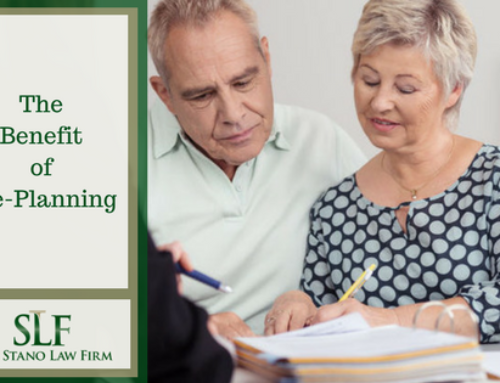If you are getting ready to retire or have recently retired, you may be nervous about having enough money. Long gone are the days of working your entire life for an employer who would provide you with a pension for the rest of your days. Now you need to think ahead and do a lot of retirement planning.
Here are the different stages of retirement planning and some hints about good planning that can be carried out during those stages.
Saving for Retirement
Saving for retirement is what you are doing during your working years. This may be your contributions to a 401k, 457b, 403b or even a pension if you are lucky enough to have one. Ideally, you should be saving 10 percent or more to ensure a full retirement. Your saving period should be 30 years to make this work. The more you save, the more you will have and the quicker you may be able to retire.
Getting Ready for Retirement
This is the stage leading up to retirement. The last 10-15 years of your career. You should spend this time looking at the numbers and making sure that they work for your approaching retirement. Many companies have benefits specialists who can help you determine what the best path forward is for you.
You may want to consider using a tool called scenario planning in this stage. You sit down and list possible and unlikely scenarios that might happen to you in retirement and then you see if your finances work for that set of circumstances.
Early Retirement
This is the period from when you retire until your early 70s. People who plan on working into their 70s may skip this stage and head right into the next stage.
During this stage you should be thinking about three main things:
- Take a look at your finances to ensure that they are working and you are enjoying the lifestyle you wanted in retirement.
- Are there any modifications you need to make to your investments or your saving strategy?
- Do you need to re-evaluate your approach due to changing circumstances?
Middle Retirement
This is the bulk of your retirement. You are still able bodied and don’t need any special care or assistance. While you may slow down a bit you should be enjoying your retirement and watching your saving and investments to ensure that they are working as you need them to.
You may want to look ahead to late retirement to ensure that there will be enough there to cover any medical care or emergencies that might occur.
Late Retirement
This phase is usually after your health has taken a turn for the worse. This means additional care is needed for everyday activities. It may even mean moving to an assisted care facility or nursing home. Scenario planning may help here.
Trust an Elder Law Attorney to Help
Need help with retirement decisions, social security or other benefits? Contact an elder law attorney at Stano Law Firm, today.








Leave A Comment